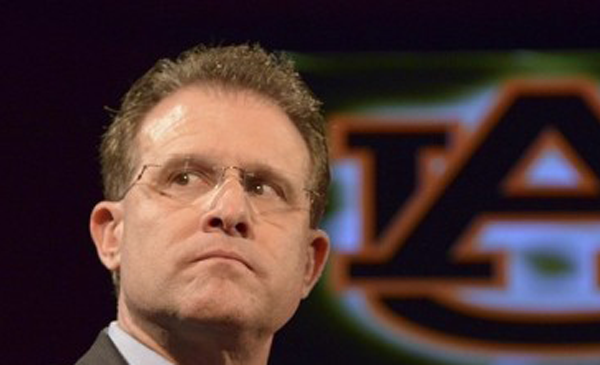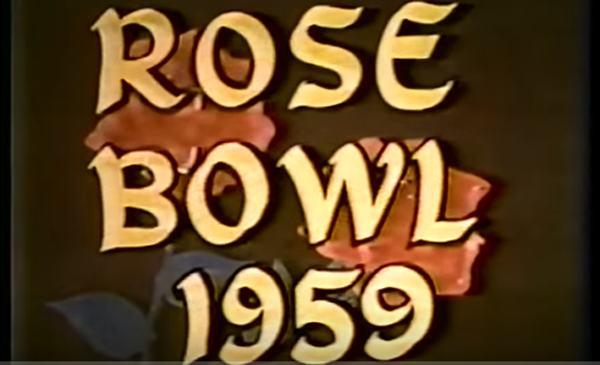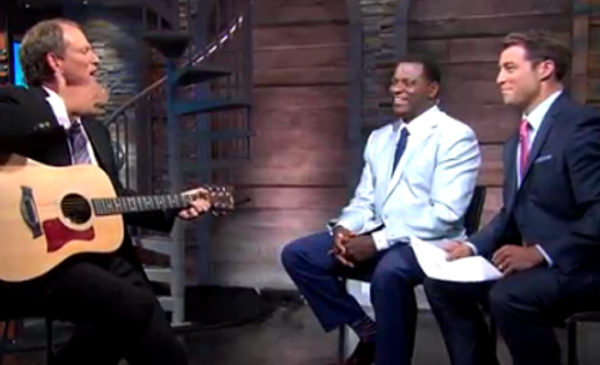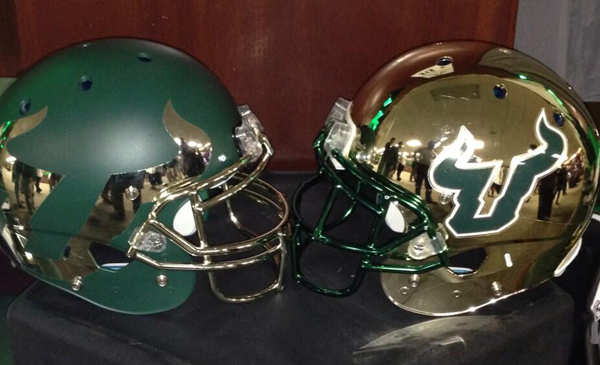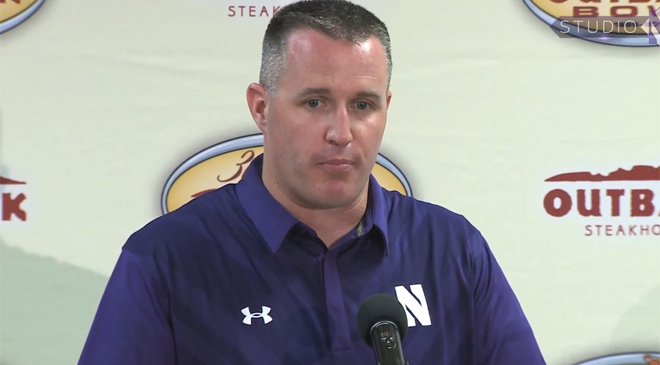Sports journalism is a field like none other. I’ve had many jobs in my 33 years, as I like to take in what life has to offer.
I’ve worked in music, sports, food service, customer service, academic environments, and I’ve even slung booze at parties and business conferences. You really do learn a lot at most of these jobs, and more often than not, there is a sense of camaraderie among those working in the same industry — well, maybe not so much in academia, but only those of you who have worked in that space understand what I mean.
Sports are just a different animal. In many ways, sports journalism demands more of my academic focus than research papers ever did. My primary focus in college was on historical sociology with a mix of women’s studies. You’d think that would be a pretty deep field — and it was — but I can honestly say that defending an article on Twitter is a far more daunting task than defending my Master’s Thesis to my committee.
In fact, I’m reasonably sure my committee never even ready my Thesis, seeing as I exceeded the page-limit by about 30, but I digress.
Following Northwestern’s humbling at the hands of Tennessee in the Outback Bowl, Wildcat head coach Pat Fitzgerald decided it was time to reignite his seasons-long war on blogs. In an effort to diminish his role in having his team prepared for the game, Fitzgerald stressed that bowls are fun and good for the sport but that people put too much stock in their outcome, and then made sure to highlight that blogs would be responsible for over-inflation of postseason results.
This is nothing new for Fitzgerald; he’s had a lot to say about blogs for a while. After beating Nebraska in October, Fitzgerald mentioned blogs unsolicited in his postgame press conference, saying: “I hate to disappoint bloggers, but our guys don’t listen to them.”
He did it again on New Year’s Day.
“I’m sure people are going to write great articles and put all the stress on Butch and pick them to win the SEC next year,” Fitzgerald told reporters Friday. “That’s the way it goes. Then you read all our blogs and we stink, we can’t play, and we have no chance. That’s the way the narrative goes.”
Narrative; that’s a funny word coming from Fitzgerald.
Much like predicating conference superiority based on bowl results, Fitzgerald’s continued war on blogs is just as much as a narrative. Now, to be fair to Fitzgerald, he’s far from the only person taking aim at bloggers and other non-traditional media members. That’s a popular sport these days.
Likewise, I’m not the only one writing on this subject. Sports Illustrated Cauldron columnist Julie DiCaro in November penned an epic take-down of Jason Whitlock’s outdated thinking on media.
Whitlock tees off on the state of industry regularly on a blog appropriately named “J-School.” His gripes amount to little more than a personal beef with Deadspin, specifically writer Greg Howard, who wrote several scathing reports examining the abortive launch of Whitlock’s ESPN-backed vanity project, “The Undefeated.”
But Whitlock’s not alone in this crusade against blogs, as others in the traditional sports media sphere have also opined on blogging, typically with similar arguments. If traditionalists aren’t complaining about Twitter’s role in the landscape, then they’re usually complaining about how they gained specialized training in J-School, the Polaris by which all journalists seem to find their way home.
To be clear, I am not against journalism school or the idea that many bloggers do take proper care when writing stories or posting tweets. I am, however, against the idea of the word “blogger” coming with a derisive or otherwise negative connotation.
Further, is the journalism industry really so superior to the sector labeled blogging?
NBC’s Brian Williams wasn’t a blogger when he fabricated events in the Iraq War. Sports Illustrated isn’t a blog and bombed miserably with its 2013 expose’ on Oklahoma State football’s “scandals,” which the NCAA summarily treated with the reaction warranted — which is to say, little reaction at all.
Oh, and don’t even get me started on Rolling Stone’s award-winning piece on campus rape at the University of Virginia published in 2014, which unraveled under scrutiny and the publication later retracted.
On just those three issues alone, respected journalists were the ones making a mockery of the field. It wasn’t bloggers. It wasn’t a Twitter user with 10,000+ followers making that stuff up. Sabrina Erdely, the author of the Rolling Stone piece, has been working in journalism since she wrote for the Daily Pennsylvanian at Penn U. Williams first broke into the industry during President Jimmy Carter’s administration.
As Brian Williams got on television and apologized to America for lying to them repeatedly, I wonder if Whitlock thought he was a truly gifted, traditional journalist. I wonder what nuanced discussion Whitlock was hoping America would have with a man who had been lying to them for years. I wonder if he felt that Erdely’s efforts for Rolling Stone would qualify as fast-food journalism?
Actually, I’m lying. I really don’t care about Whitlock at all and find his over-inflated sense of self-worth to be greatly amusing.
Opinions like Whitlock’s are so prevalent because attacking blogging is so simple at the foundationary level. After all, trashing a nebulous concept like blogging requires minimal effort, because it’s predicated on assumptions that may or may not be true. Coincidentally, basing arguments on assumptions is one thing critics say bloggers are guilty of doing time and again.
The negative label is often administered with reckless abandon and without the journalist in question ever reaching out to the blogger for their side of things. This has happened to me on several occasion and I still remember the names of the parties responsible.
The idea that bloggers shouldn’t be heard until they’ve paid their dues is odd. The only way for anyone to gain experience is through experience. If you think about it like a fall scrimmage, there is no way to really know a lot about your young, new quarterback until he sees live-game action.
As previously mentioned, I did not go to journalism school. I never even thought about journalism in college. I focused on the social sciences and policy, which sharpened my mind nonetheless. Much of what I studied in college is still reflected in my writing today, all of it by design. My opinions of the world weren’t shaped by journalistic articles, but rather by peer-reviewed articles and many hours of academic research.
Experience is a funny thing because it’s really just about life events, which are different for everyone. While I am not even sure what constitutes the phrase “journalistic chops,” I would assume that it isn’t much different than an active fraternity member reminding a pledge that they’re the new-jack.
People love the idea of an initiation process because it gives them a sense of accomplishment. By putting someone through the ringer, they’ve then proven to themselves that this person is worthy of their attention. It really has nothing to do with the inductee, and everyone to do with the initiator.
Condescension toward bloggers is a hazing ritual of sorts. If you want to circle back to Whitlock, his constant need to define what is and isn’t journalism screams of that annoying kid in high school who used to trash everyone’s music selections because they weren’t indie enough, except much dumber. The only thing missing from one of his rants is a demand for a receipt with a specific timestamp on it from an up-and-coming journalist; excuse me: blogger.

